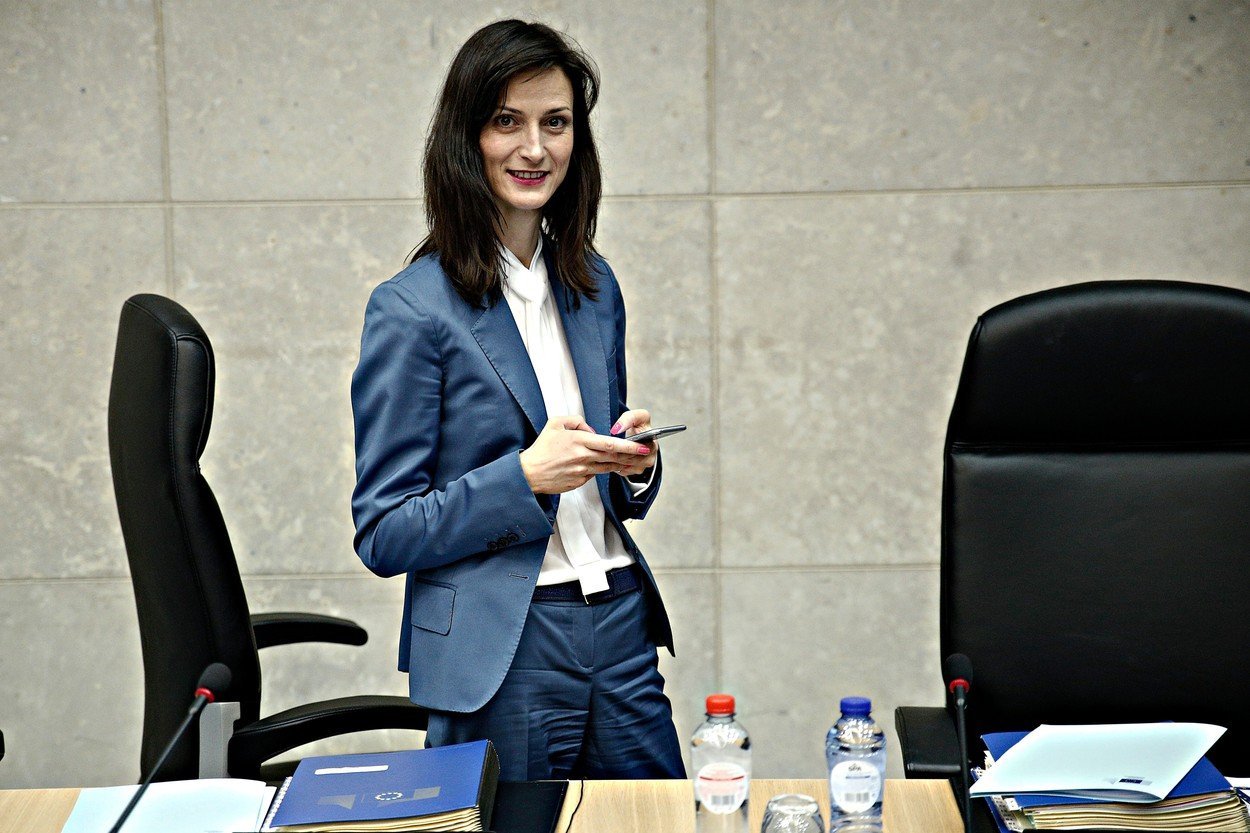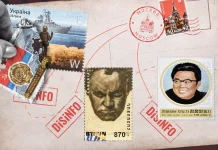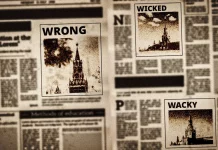
By Mirka Pavlíková, for ESJNews
On Tuesday 29 August, new EU Digital Commissioner Mariya Gabriel announced that she is planning to set up an expert group on fake news. The experts’ findings can help create new legislative proposals concerning internet propaganda. However, she said it is premature to talk about a hard law on the EU level.
European countries still feel threatened by propaganda and fake news, mainly due to incoming important national elections. German Chancellor Angela Merkel is one of the most determined critics of Russian propaganda campaigns. Germany introduced its own national law about social media’s responsibility to remove illegal content like hate speech earlier this year. Possible new European legislation concerning fake news might set common rules across the Union, which can help minimise differences in approaches to internet propaganda between member states. Gabriel states that internet companies like Facebook have a duty to care about the problem. Cooperation with researchers, media, and institutions is an important factor of united approach against propaganda. The essential problem might be that social media providers claim they are not responsible for what their users post.
By Mirka Pavlíková, for ESJNews





